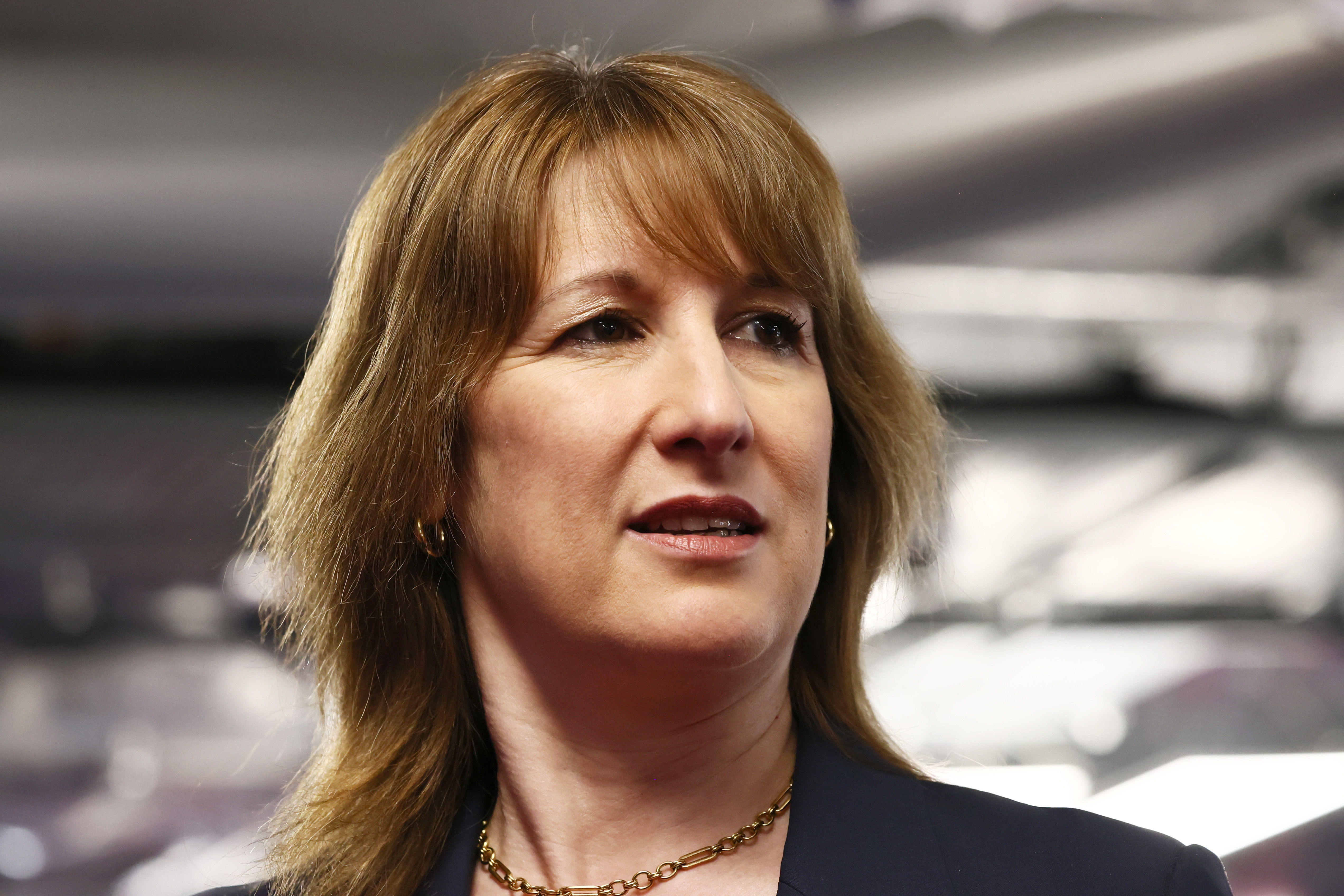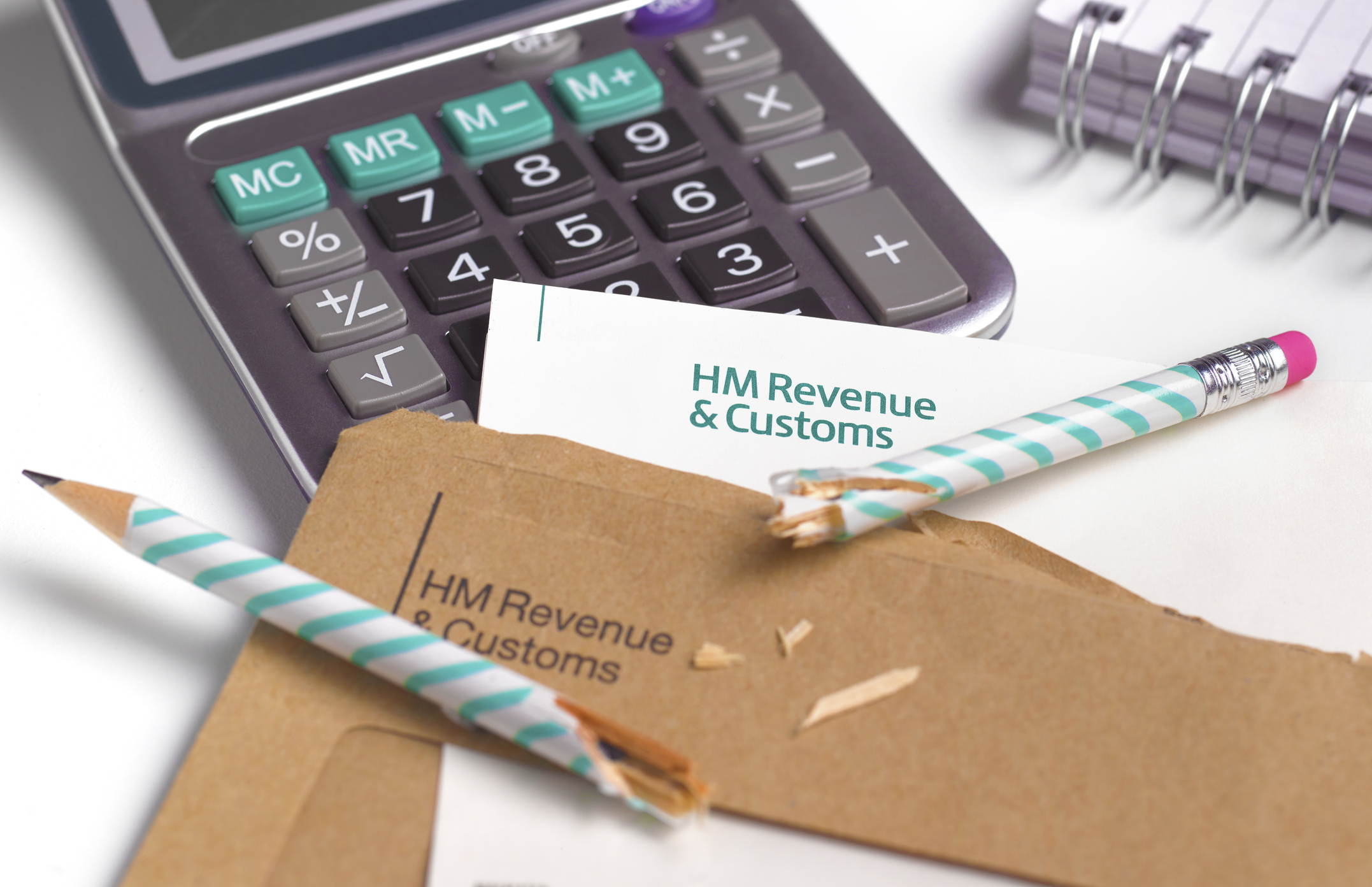How much of your salary goes on tax?
This handy website breaks down how the government spends your hard-earned pounds. But be warned, says Merryn Somerset Webb - it's not for the faint-hearted.

Get the latest financial news, insights and expert analysis from our award-winning MoneyWeek team, to help you understand what really matters when it comes to your finances.
You are now subscribed
Your newsletter sign-up was successful
Want to add more newsletters?
If your tax is deducted from your salary at source via PAYE, do you really know how much of it you pay? Most people (57% according to HMRC) don't. So I'm pleased to see that in advance of the government's plan to send out individual tax statements to us all from 2013, HMRC has introduced a new online calculator to help us all see where our money goes.
All you have to do is visit www.hmrc.gov.uk and pop your annual salary let's say it is £60,000 into the right box and next thing you know you'll be hyperventilating. In this case you will find that you pay a total in income tax (including national insurance, or NI) of £353.87 a week, or £18,401.24 a year. You can then check the detailed breakdown to find out "how the government spends your taxes".
Someone on a £60,000 income pays £6,127 towards the nation's welfare bill, £3,201.82 towards health, £2,392 towards education, and £368 towards housing and local services (even before council tax!). He then adds in another £920 towards recreation, culture and religion, £400 for government administration and £1,060 on defence.
Try 6 free issues of MoneyWeek today
Get unparalleled financial insight, analysis and expert opinion you can profit from.

Sign up to Money Morning
Don't miss the latest investment and personal finances news, market analysis, plus money-saving tips with our free twice-daily newsletter
Don't miss the latest investment and personal finances news, market analysis, plus money-saving tips with our free twice-daily newsletter
If that isn't bad enough, he pays £1,177 in interest on our national debt. You'll be upset by now. But if you stop to visit the website and run your eye to the bottom of the page, you'll see that your £18,401 is just the beginning. Income tax in the form of what we think of as income tax and NI makes up a mere 43% of government revenues. The rest comes from VAT (17%), council tax (4.5%), business rates (4.5%), corporation tax (8%), excise duties (8%) and a mysterious sounding "other" (14%).
What does this all add up to? It's a tricky calculation and I can't find a definitive number for the total percentage of income the average top-rate taxpayer hands over every year (if you do please tweet me at @merrynsw). But for a hint you might download a copy of the TaxPayers' Alliance (TPA) free Taxbuster App (www.tpataxbuster.co.uk).
This looks at the item you're buying and all the taxes you pay on it that's VAT as well as duties you pay on alcohol, tobacco, fuel and flights. It also looks at your income and how much you have to earn before tax in order to pay for the item in question.
So, let's say our £60,000 earner buys himself a new pair of shoes costing £40. Add in income tax, VAT, employer's NI, etc, and on TPA numbers he would have had to earn £81.93 to buy the shoes, 59.32% of which would have gone on one tax or another. Something to remember next time you think more government spending might be the obvious answer to our current economic problems.
Get the latest financial news, insights and expert analysis from our award-winning MoneyWeek team, to help you understand what really matters when it comes to your finances.

-
 What do rising oil prices mean for you?
What do rising oil prices mean for you?As conflict in the Middle East sparks an increase in the price of oil, will you see petrol and energy bills go up?
-
 Rachel Reeves's Spring Statement – live analysis and commentary
Rachel Reeves's Spring Statement – live analysis and commentaryChancellor Rachel Reeves will deliver her Spring Statement on 3 March. What can we expect in the speech?
-
 Rachel Reeves 'should hand back the cash' from bumper tax haul
Rachel Reeves 'should hand back the cash' from bumper tax haulOpinion Chancellor Rachel Reeves is cheering higher-than-expected tax receipts. But where has the money come from?
-
 Two million taxpayers to be hit by £100k tax trap by 2026/27
Two million taxpayers to be hit by £100k tax trap by 2026/27Frozen thresholds mean more people than ever are set to pay an effective income tax rate of 60% as their earnings increase beyond £100,000. We look at why, as well as how you can avoid being caught in the trap.
-
 13 tax changes in 2026 – which taxes are going up?
13 tax changes in 2026 – which taxes are going up?As 2026 gets underway, we look at what lies ahead in terms of changes to tax rates and allowances this year and how it will affect you.
-
 How to limit how much of your Christmas bonus goes to the taxman
How to limit how much of your Christmas bonus goes to the taxmanIt's Christmas bonus season but the boosted pay packet may mean much of your hard-earned reward ends up with HMRC instead of in your pocket
-
 Over 1 million pay 45% rate of income tax as fiscal drag bites
Over 1 million pay 45% rate of income tax as fiscal drag bitesHundreds of thousands more people are being pushed into the additional rate tax band by fiscal drag
-
 Simple assessment explained as millions brace for unexpected tax bills
Simple assessment explained as millions brace for unexpected tax billsIncreasing numbers of people could get letters from HMRC saying they owe more tax due to frozen thresholds, under a system known as simple assessment. Here is what it means for you.
-
 What are wealth taxes and would they work in Britain?
What are wealth taxes and would they work in Britain?The Treasury is short of cash and mulling over how it can get its hands on more money to plug the gap. Could wealth taxes do the trick?
-
 When is the self-assessment tax return deadline?
When is the self-assessment tax return deadline?If you are self-employed, rent out a property or earn income from savings or investments, you may need to complete a self-assessment tax return. We run through the deadlines you need to know about